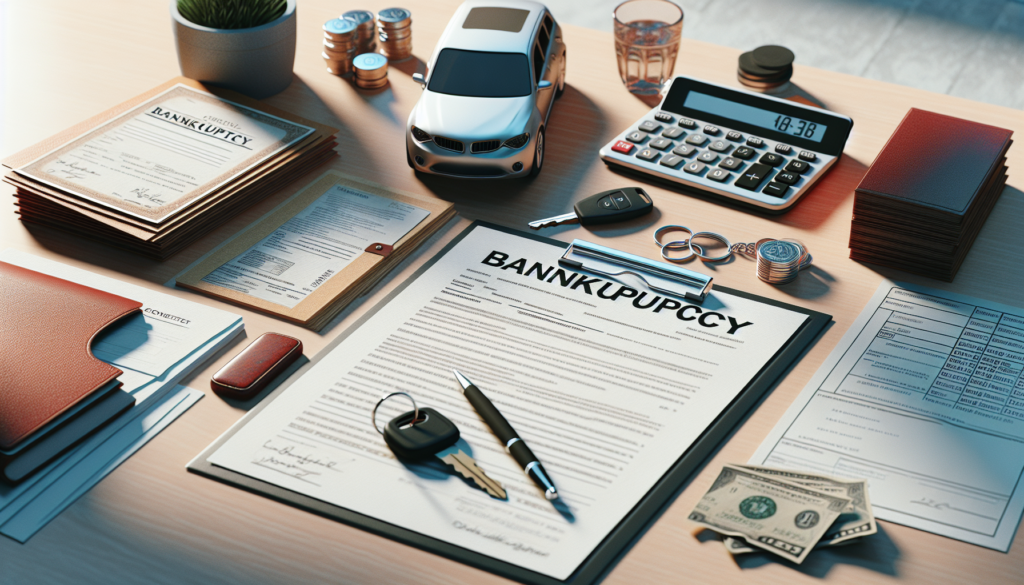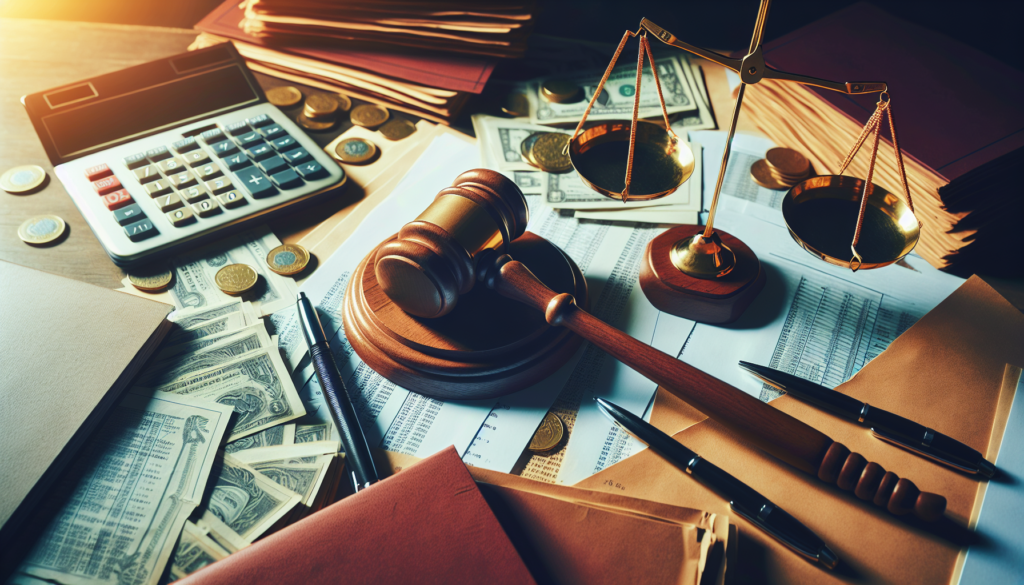
Filing for Chapter 13 bankruptcy instead of opting for debt settlement can offer several advantages, depending on your financial situation and long-term goals. Here are the top five reasons to consider Chapter 13 over debt settlement:
-
Comprehensive Legal Protection:
- Automatic Stay: When you file for Chapter 13 bankruptcy, an automatic stay immediately goes into effect. This legal provision halts most creditors from pursuing collection actions against you, including lawsuits, wage garnishments, and harassing phone calls. Debt settlement doesn’t provide such broad legal protection.
- Co-debtor Stay: Chapter 13 also offers a co-debtor stay, which can protect co-signers on consumer debts during your bankruptcy.
-
Structured Repayment Plan:
- Consolidated Payments: Chapter 13 allows you to consolidate your debts into a single, manageable monthly payment plan, tailored to your income and essential living expenses. This plan lasts typically three to five years, after which most remaining unsecured debts are discharged.
- Debt Prioritization: In Chapter 13, debts are prioritized. Certain debts, like back taxes or child support, must be paid in full, while unsecured debts, like credit card balances, may not need to be paid in full, depending on your disposable income.
-
Debt Discharge and Reduction:
- Broader Discharge: Chapter 13 can discharge some debts that are typically non-dischargeable in Chapter 7 bankruptcy, such as certain fines and penalties or debts incurred to pay non-dischargeable taxes.
- Cramdown and Lien Stripping: Chapter 13 can potentially reduce the principal balance of secured debts (like car loans) to the value of the collateral (“cramdown”) or eliminate junior liens on your property under certain conditions (“lien stripping”).
-
Asset Protection:
- Keep Your Assets: Chapter 13 bankruptcy allows you to keep your assets, including your home and car, as long as you continue to make the plan payments. This is particularly beneficial if you have non-exempt equity in your assets that might otherwise be liquidated in a Chapter 7 bankruptcy.
-
Credit Impact:
- Long-term Credit Recovery: While both Chapter 13 bankruptcy and debt settlement negatively impact your credit, bankruptcy provides a clear endpoint after which you can start rebuilding your credit. The structured discharge of debts in Chapter 13 can offer a more definitive path to financial recovery compared to the potentially prolonged and uncertain process of debt settlement.
Choosing between Chapter 13 bankruptcy and debt settlement depends on your specific financial circumstances, goals, and the types of debts you owe. Chapter 13 offers a legally structured approach to dealing with debt, providing protections and benefits that debt settlement cannot match. However, it’s essential to consult with a bankruptcy attorney to understand the best course of action for your situation, as both options have significant financial and legal implications.


Get a Free Bankruptcy Case Evaluation